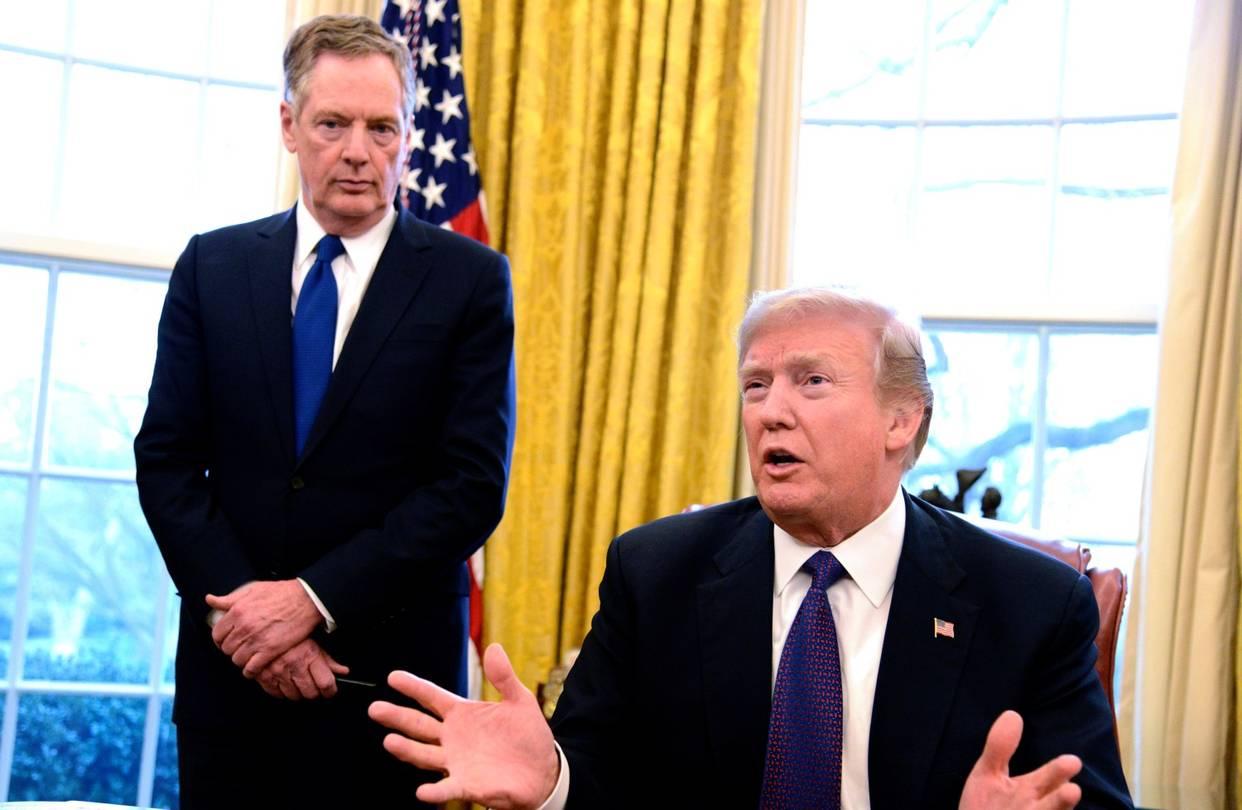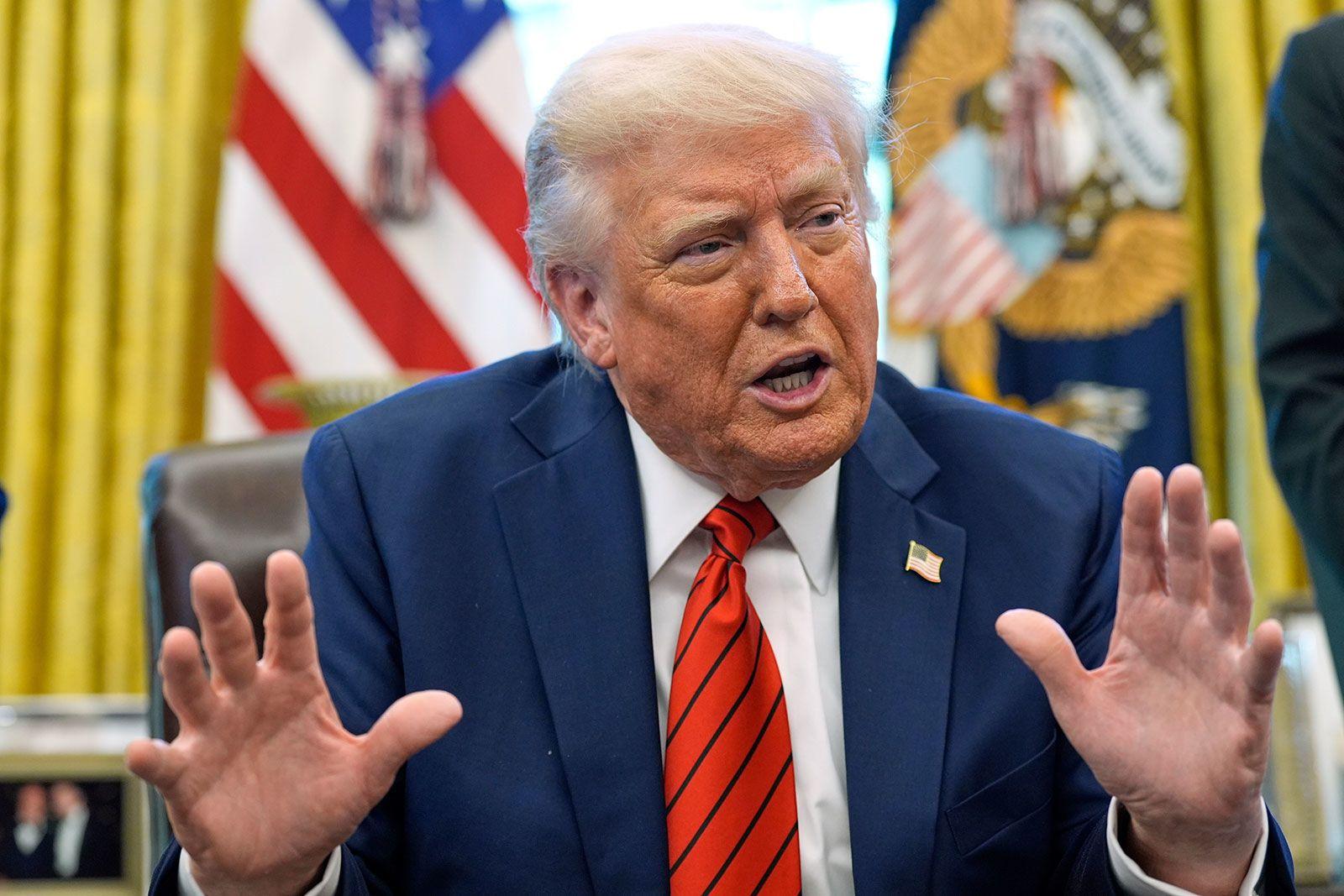President Donald Trump has come under fire for repeatedly making false claims about gasoline prices, with his latest tweets on May 2 and May 3, 2025, drawing sharp scrutiny. Trump claimed that gas prices had dropped to $1.88 per gallon in some states, touting this as evidence of his administration’s economic success. However, data from multiple sources, including AAA and the Energy Information Administration, confirm the national average gas price as of May 4, 2025, is $3.18 per gallon—nowhere near Trump’s figure and higher than the $3.10 average when President Joe Biden left office on January 20, 2025.

Trump’s tweets, posted on Truth Social, followed a pattern of exaggerated claims about gas prices. On May 2, he wrote, “Gasoline just broke $1.98 a Gallon, lowest in years,” and the next day claimed prices hit “$1.88 a gallon in three states.” These statements are demonstrably false. AAA data shows the lowest state average on May 2 was $2.66 in Mississippi, with no state or individual station reporting prices below $2, per GasBuddy’s analysis of 150,000 stations. Fact-checks by CNN, PolitiFact, and CBS News swiftly debunked Trump’s claims, noting the national average hovered around $3.17-$3.19 during this period.
The discrepancy is significant when compared to Biden’s tenure. When Biden left office, the national average was $3.10, slightly lower than today’s $3.18, contradicting Trump’s narrative of plummeting prices under his leadership. Historical data further undermines his claims: when Trump left office in January 2021, gas averaged $2.38, not $1.88, with the lowest price of $1.77 occurring in April 2020 due to pandemic-driven demand collapse, not policy success. Posts on X reflect public frustration, with users like @krassenstein and @TomJChicago calling Trump’s claims blatant lies, citing pump prices as high as $3.59 in some areas.
Trump’s defenders argue he may be referencing wholesale or futures prices, which can dip lower—around $2.02 per gallon on May 2, per market data—but these exclude taxes and distribution costs consumers pay. Even this interpretation fails to justify his $1.88 claim, as no such retail price existed. Critics point to global factors, like oil production increases by non-U.S. countries, as driving recent price stability, not Trump’s policies, which have yet to spur significant domestic drilling, per Baker Hughes rig counts.
The controversy highlights Trump’s broader pattern of inflating economic achievements, especially on volatile issues like gas prices, which resonate with voters. While his tariffs and deregulation promises aim to lower costs, experts like Patrick De Haan of GasBuddy note no evidence supports prices nearing $1.88. As inflation remains at 2.4% and consumer prices strain households, Trump’s misstatements risk undermining his credibility. The debate underscores a polarized economic narrative, with Trump’s claims fueling MAGA enthusiasm but drawing ire from those demanding factual accuracy in a high-stakes election cycle.






